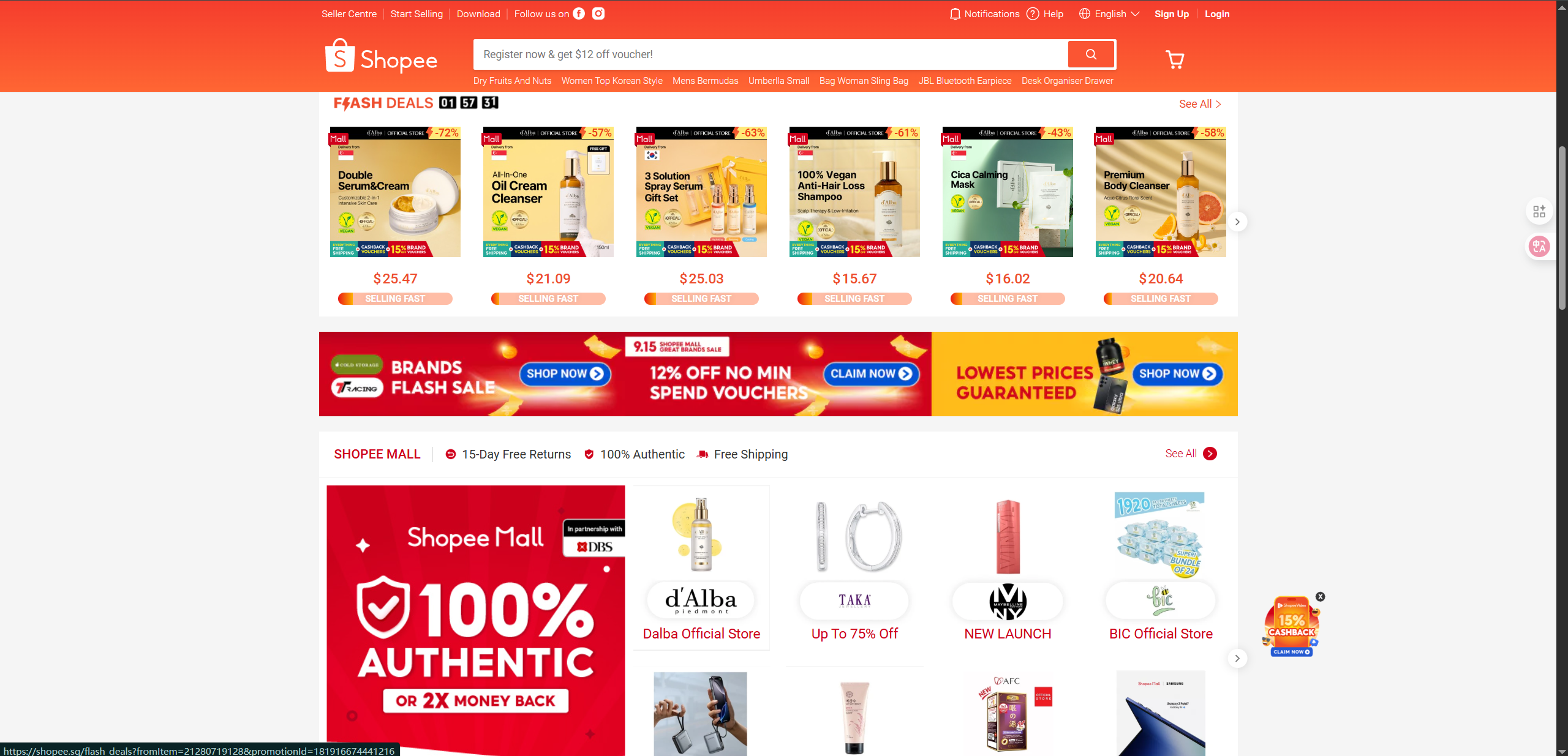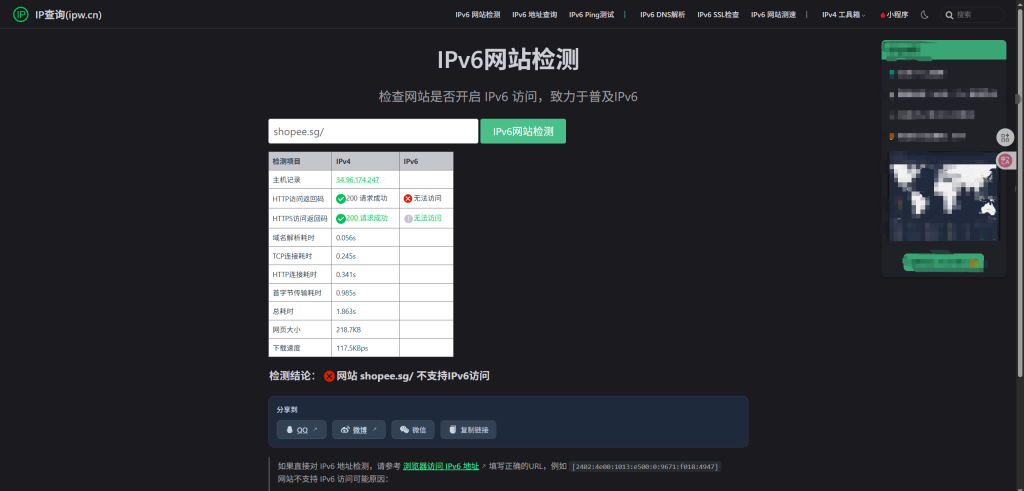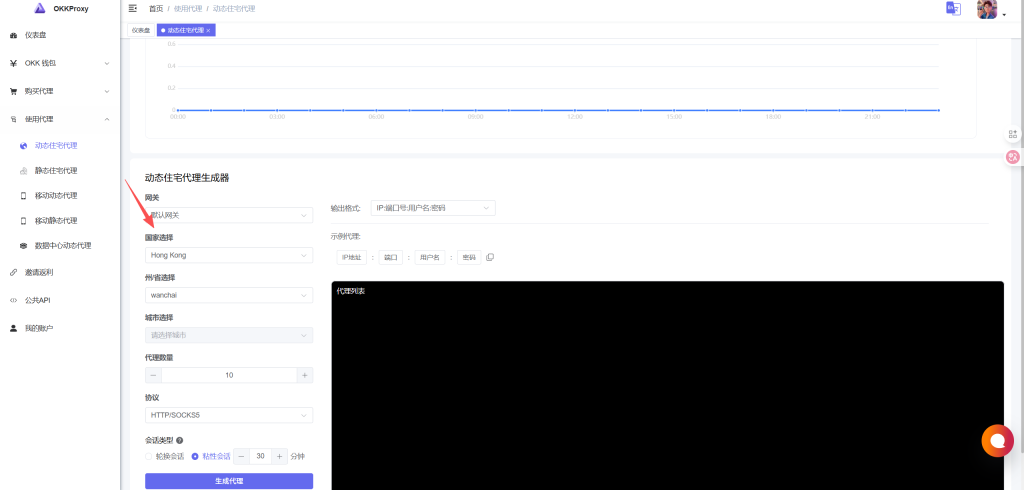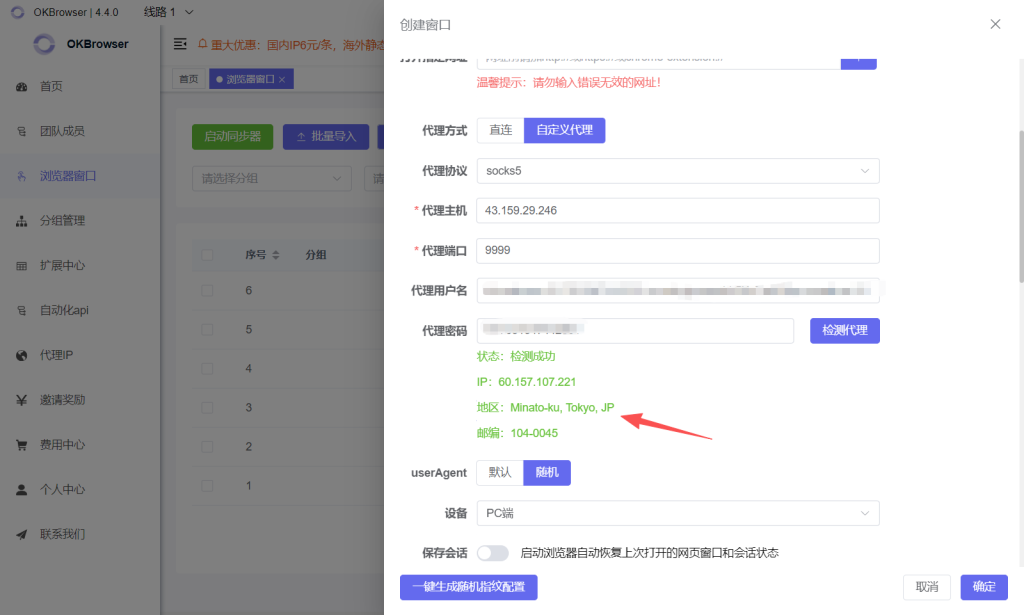In recent years, Shopee has become one of the most popular e-commerce platforms in Southeast Asia and Taiwan. The platform has attracted a large number of small and medium-sized sellers and cross-border e-commerce practitioners due to its low entry barriers. However, with the intensification of competition and the tightening of platform risk control, Shopee has become increasingly strict in managing seller accounts.
Multi-account management, IP blocking, and store risk control have become common pain points for sellers. To solve these problems, more and more sellers have begun to use Shopee agents, especially static residential agents, to achieve account isolation, improve stability, and avoid unnecessary account suspension risks.
This article will delve into the role of Shopee agents, selection criteria, and how to correctly apply them in actual operations.

Why do Shopee sellers need agents?
1. The Necessity of Operating Multiple Accounts
On the Shopee platform, operating multiple accounts has become the norm for several reasons, including:
Increasing product exposure
Reducing the risk of a single store being blocked
Testing different pricing and marketing strategies
Expanding into different markets (such as Indonesia, Malaysia, Taiwan, and Vietnam)
However, Shopee strictly monitors the use of multiple accounts logged in from the same IP address. If the system detects frequent account switching from the same device or IP address, it is likely to trigger risk control, resulting in store restrictions or even a ban.
2. Shopee’s Risk Control Mechanism
Shopee monitors seller behavior from multiple perspectives:
IP Address: Logging in to multiple accounts from the same IP address is considered high-risk.
Device Information: Frequent account switching from the same computer or phone.
Login Region: A store located in Singapore may frequently log in from IP addresses in other countries or regions.
Therefore, Shopee agents become a key tool for circumventing these restrictions.
The Core Functions of Shopee Proxies
1. Account Isolation
Using proxies, each store can be associated with a unique IP address (https://okkproxy.com/pricing/isp-proxies), preventing account suspension due to account association. For example:
Account A uses a static residential proxy in Taiwan
Account B uses a static residential proxy in Malaysia
Even if managed by the same seller, the Shopee system will have difficulty detecting the association.
2. Preventing IP Blocking
Operating multiple accounts without a proxy will almost certainly result in an IP block. Proxies provide clean, stable IP addresses, ensuring long-term store operations.
3. Improving Advertising and Data Stability
Shopee sellers who need to run ads or scrape data can use static residential proxies to simulate real user traffic, reducing the risk of account suspension or data request blocking.
Why choose an IPv4 proxy over an IPv6 proxy?
Currently, the Shopee platform primarily supports IPv4 networks. IPv6 has low compatibility in cross-border e-commerce scenarios.
IPv4 proxy: Best compatibility, supported by almost all e-commerce and cross-border tools
IPv6 proxy: Although cheaper, it is often not supported by Shopee and its payment and logistics systems
Therefore, a static residential IPv4 proxy is the safest choice for Shopee sellers.

How to choose a suitable Shopee proxy? ## 1. IP Type: Residential Proxies are Better Than Datacenter Proxies
Residential proxies: The IP address is from a real home network, making them highly trustworthy and less likely to be blocked.
Datacenter proxies: The IP address is from a cloud server, making them easily identifiable as machine traffic.
2. Static vs. Dynamic Proxies
Static proxies: The IP address is permanently fixed, suitable for long-term Shopee store operations.
Dynamic proxies: The IP address changes regularly, making them more suitable for short-term scraping or account registration.
3. Region Selection
Shopee has separate websites in different countries. Your proxy IP address should be consistent with your target market. For example:
Malaysian stores → Use a Malaysian residential proxy (https://okkproxy.com/pricing/residential-proxies)
Indonesian stores → Use an Indonesian residential proxy
Ensure that login behavior is consistent with user behavior to reduce the risk of account suspension.

Shopee FAQ and Proxy Solutions
Risk of Account Blocking
Problem: Multiple account operations lead to associated account blocking
Solution: Configure a separate IPv4 static proxy for each account
Advertising account restrictions
Problem: Frequent IP switching during Shopee Ads delivery
Solution: Use a fixed residential proxy to simulate a stable user environment
Store opening failure
Problem: The IP address when registering a store does not match the store’s target region
Solution: Select a proxy IP for the target market
Unable to log in to Shopee Seller Center normally
Problem: Frequent account switching causes the browser to be locked
Solution: Use an anti-detection browser (such as AdsPower, GoLogin) and a proxy IP to achieve account isolation
Shopee Proxy Best Practices
Choose static residential proxies over data center proxies
Data center proxies are fast but easily identified; static residential proxies are from real ISPs and are more secure
Match the proxy location with the target market
Open a Singapore store → Choose a Singapore residential proxy to get higher exposure for local sellers
One account, one proxy
Each store is equipped with an anti-detection browser environment and an independent proxy IP to avoid reuse
Keep IP stable
Avoid frequent IP changes unless used to register a new account
Use an anti-detection browser
In multi-account management scenarios, ensure that the device fingerprint is unique to further reduce the risk of account suspension

Common Misconceptions and Risk Reminders
Misconception 1: Just use a free proxy
Free proxies are mostly blocked or have high risks, making them more likely to be blocked
**Misconception 2: IPv6 is cheaper, so use it directly.
Shopee doesn’t yet fully support IPv6, which may cause login or payment issues.
Myth 3: One proxy can manage multiple accounts.
Each Shopee account must have a unique proxy IP.
Conclusion
For cross-border e-commerce sellers, Shopee proxies have become essential operational infrastructure.
Multi-Account Management
Reduce the risk of account suspension
Improve advertising and data stability
High-quality static residential proxies are the best solution.
Recommendations:
Strictly adhere to the “one store, one IP” policy.
Choose a reliable proxy service provider OKKProxy
Isolate accounts using an anti-detection browser.
Only in this way can you maintain long-term stable account operations and increase profits and market share amidst the fierce competition on Shopee e-commerce.
